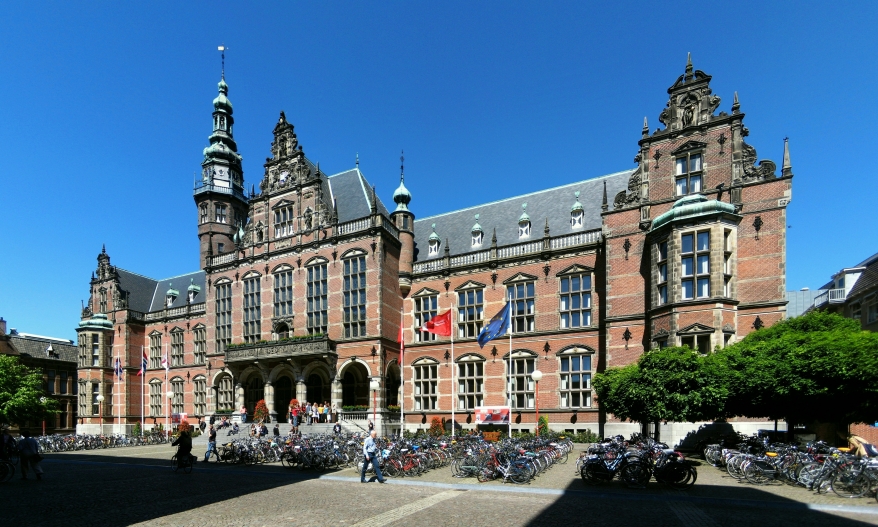In the Netherlands, PhD candidates are usually employed by their university and are offered all the protection and social benefits usually conferred to employees. In 2016, however, the secretary of Education and Science started an experiment with PhD bursaries: over the course of four years, 850 researchers at the University of Groningen will be conferred a student status, not covered by the collective labour agreement, with a fixed scholarship (earning about E20.000 less than employed PhD candidates over the course of four years), no contribution to a pension scheme, but with social protection in case of illness, pregnancy, or unemployment after the contract ends. The PhD Candidates Network of the Netherlands (PNN) is one of the more vocal critics of the experiment, and believes the University of Groningen does not reveal the full story, including in a recent article in a leading newspaper: three employees of the University of Groningen painted a very positive picture of the experiment, to which PNN responded the following.
The goal of the experiment was to compare bursary students to employees. In practice, however, it seems like the bursary “students” are simply second-class employees. The social benefits granted indicate as much.
PNN also disagrees with the view that there are several advantages to a bursary status. The University of Groningen claims bursaries allow researchers to choose their own topic, and allow them to better prepare for a career outside academia. These benefits are in no way directly connected to the employment status of a researcher. Other universities offer researchers both employment status and the freedom to choose their topic, and the University of Groningen already has opened up their track preparing for a career outside academia to employees; PNN applauds this last move, but it once again shows that this is not a benefit solely for bursary students.
Conferring student status to PhD candidates seems to be motivated mostly by money. In the Netherlands, universities receive a premium of about E77.000 per successfully defended dissertation. The budget for these premiums, however, is capped nationally: more dissertations means the premium per dissertation is lowered. What can be influenced, however, is how this budget is split among universities: more dissertations at one university allows it to capture a larger share of the total national budget. Since the cost per researcher is lower for bursary students than for employees, the bursary system allows the University of Groningen to produce more dissertations at the same cost; thus receiving a larger share of the money available for rewarding dissertations at the cost of other universities; and therewith entering a race to the bottom where dissertations become a business case in which they must be produced at the lowest possible cost.
The University of Groningen claims reducing the cost per PhD candidate is necessary to meet the increasing societal demand for PhD graduates. It does so, however, at the expense of the researchers themselves. This should not be the case. The solution, in the eyes of PNN, lies in re-thinking the way research, and PhD researchers in particular, are financed.
Anne de Vries (Tilburg University), president.
Marten van der Meulen (Radboud University Nijmegen), labour conditions.
Reinder Broekstra (Groningen University), quality assurance.
Rens Philipsen (Delft University of Technology), international affairs.

